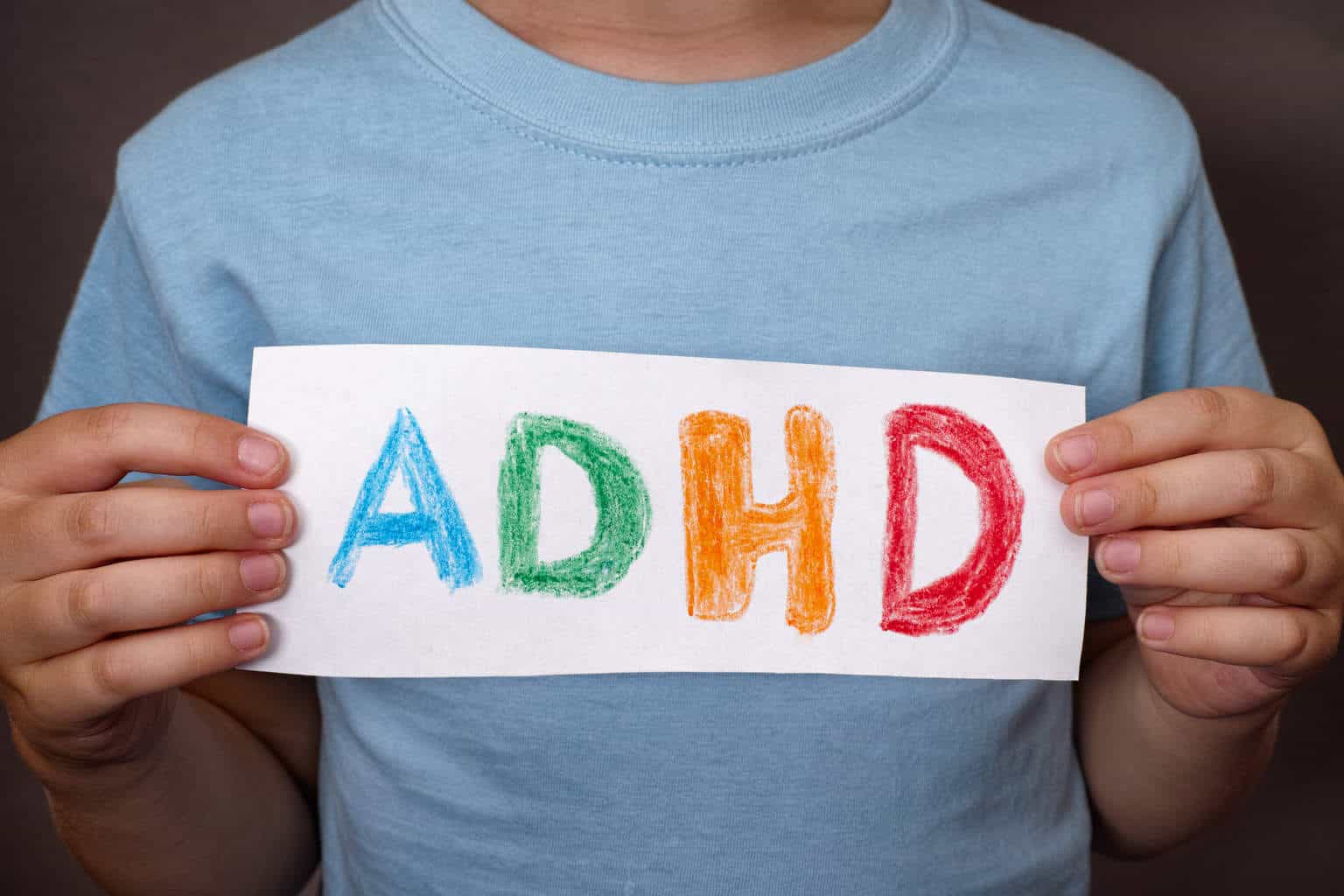Contents:
- Medical Video: Migraines and Vertigo - Mayo Clinic
- Difference between headache and headache
- 1. The sensation that arises
- 2. Based on the cause
- 3. Treatment done
Medical Video: Migraines and Vertigo - Mayo Clinic
Disorders of the head that often occur are headaches and dizziness. Both of these conditions are different, but there are still many people who mistakenly distinguish the two. Mistakes about different headaches and headaches can certainly cause confusion in the direction of diagnosis for doctors. In order for this to not happen, learn what are the differences in dizziness and headaches below.
Difference between headache and headache
1. The sensation that arises
Dizziness and headache are equally attacking the head area. However, the sensations that appear in both conditions are different. A person who feels dizzy will feel a sensation as if he will faint or falter (balance disorder), the head feels heavy, blurred vision, and the body is limp. Even this condition can get worse if the symptoms cause someone to feel the surrounding environment moves or rotates kliyengan (vertigo).
While someone who has a headache, there is a throb around the head, either partially (right or left side) or at the other head location. The pain includes a feeling of pain like being beaten or the head feels tightly tied.
2. Based on the cause
There are two types of headaches, namely primary headaches and secondary headaches. The main headaches are usually caused by excessive activity or problems with the head structure that are sensitive to pain and also changes in chemical activity in the brain. While secondary headaches occur because of other diseases that stimulate headaches.
Primary headaches have several types, namely:
- Tension headaches (head feels aching like a tight rope around the head)
- Migraine (side headache)
- Cluster headaches (severe headaches that are usually located around one eye area)
Then for secondary headaches, several underlying diseases and conditions, namely:
- Glaucoma (damage to the eye nerve)
- Carbon monoxide poisoning
- Blood clotting
- Brain tumor
- Drunk or alcohol poisoning
- Dehydration
- Stroke
- Panic attack
- Bleeding around the brain
- Influenza (flu)
- Use of rebound headaches
- Malnutrition
Just like secondary headaches, dizziness is also caused by other underlying conditions. However, dizziness does not have different types such as headaches. Dizziness can be felt in all parts of the head, not just in some parts such as headaches.
Some diseases or conditions that cause dizziness, namely:
- Inner ear problems (vertigo)
- Vestibular neuritis (vestibular nerve infection)
- Meniere's disease
- Poor air circulation
- Low blood pressure
- Neurological diseases such as multiple sclerosis and parkinsonism
- Anemia
- Hyperthermia
- Low blood sugar levels
- Anxiety disorders
Reporting from Medical News Today, headaches and dizziness can occur simultaneously. This condition usually occurs in migraines, brain injury, and low blood sugar levels.
3. Treatment done
Diseases that cause headaches and dizziness are different. So, it is important for patients to understand the difference between headaches and dizziness, so that the treatment given is appropriate and the condition will improve later.
If you feel any of these conditions, then don't give your doctor the wrong complaint. Because, if the pain you feel between the two conditions is wrong, the diagnosis and administration of the drug used may not be appropriate.
Mild primary headaches can be cured without medication. However, there are also things that need to be cured by using medications to prevent headaches, such as beta blockers, tricyclic antidepressants, or serotonin receptor agonists. In addition, several alternative treatments such as acupuncture, meditation, cognitive behavioral therapy can also help treat headaches.
Secondary headaches usually require further medical tests to get the cause of the underlying headache. For that, you need a recommendation and consultation from a doctor first. Likewise with dizziness, you may need to take medication according to the conditions for the underlying disease.












